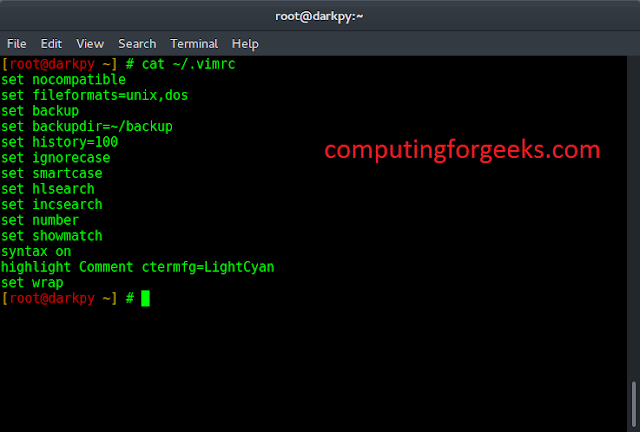Given two binary numbers, and the task is to write a Python program to multiply both numbers.
Example:
firstnumber = 110 secondnumber = 10 Multiplication Result = 1100
We can multiply two binary numbers in two ways using python, and these are:
- Using bin() functions and
- Without using pre-defined functions
Method 1: Using bin Functions
Now, Let’s write a program by using Pre-Defined Functions:
Python3
firstnumber = 110secondnumber = 10firstnumber = str(firstnumber)secondnumber = str(secondnumber)Multiplication = int(firstnumber, 2) * int(secondnumber, 2)binaryMul = bin(Multiplication)print("\nResult = " + binaryMul) |
Output:
Result = 0b1100
Time complexity: O(1)
Auxiliary space: O(1)
Method 2: Without using Any Pre-Defined Function
We can also multiply any two Binary Numbers without using any pre-defined Function or by user-defined function.
Python
def binaryProduct(binaryOne, binaryTwo): i = 0 remainder = 0 sum = [] binaryProd = 0 # if firstBinary number or second Binary number is not # zero then calculate the product of two Binary numbers while binaryOne != 0 or binaryTwo != 0: sum.insert(i, (((binaryOne % 10) + (binaryTwo % 10) + remainder) % 2)) remainder = int(((binaryOne % 10) + (binaryTwo % 10) + remainder) / 2) binaryOne = int(binaryOne/10) binaryTwo = int(binaryTwo/10) i = i+1 # if remainder value is not equal to # zero then insert the digit to sum array if remainder != 0: sum.insert(i, remainder) i = i+1 i = i-1 while i >= 0: binaryProd = (binaryProd * 10) + sum[i] i = i-1 return binaryProdbinaryMultiply = 0factor = 1firstBinary = 110secondBinary = 10# Now check if secondbinary number have any# digit or not and continue multiplying# each digit of the second binary number with# first binary number till the last digit of# second binary numberwhile secondBinary != 0: digit = secondBinary % 10 if digit == 1: firstBinary = firstBinary * factor binaryMultiply = binaryProduct(firstBinary, binaryMultiply) else: firstBinary = firstBinary * factor secondBinary = int(secondBinary/10) factor = 10print("\nMultiplication Result = " + str(binaryMultiply)) |
Output:
Multiplication Result = 1100
Time complexity: O(n), where n is the length of the binary numbers.
Auxiliary space: O(n), as we are storing the binary product in the sum array.
Python3
from operator import*num1="110"num2="10"print(bin(mul(int(num1,2),int(num2,2)))) |
Output
0b1100




